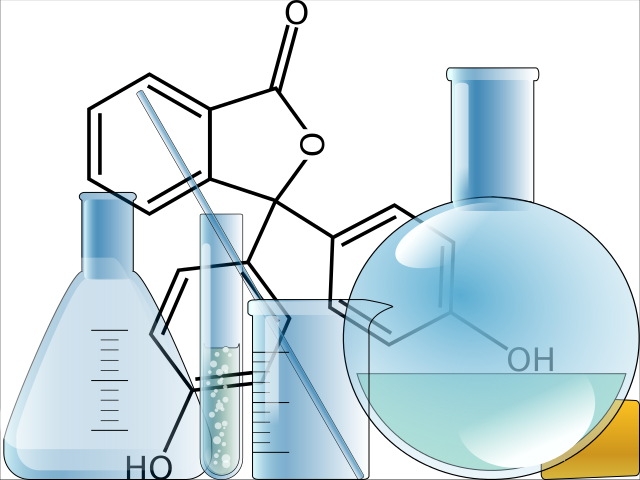Mr M Elwell - Head of Department
Mrs A Boulton - Head of Biology
Dr R Berry - Head of Chemistry
 Key Stage 3
Key Stage 3
Physics, Biology and Chemistry are taught as a series of modules alongside each other to provide an introduction to key ideas and bring all students to the same baseline understanding before making their GCSE option choices. In each of the three years, students will have a combined summer exam with questions from all three sciences on it. Science is a practical subject and many of the topics are investigated by demonstrations and/or student experiments.
Key Stage 4
At GCSE, students now have the option of taking separate or trilogy science over the two-year course; the former is recommended for those already considering A-Level sciences (and the degree options that go with them, including medicine). Trilogy is composed of a mix of one third of each Science, but should not be considered easier as such; the content in many cases is the same, albeit not to the same breadth as separate sciences.
Key Stage 5
Saint Ambrose College provides Sixth Form students with the opportunity to study Chemistry, Biology and Physics at A Level.
Many students opt to study more than one Science subject, or mix for example a Science with Arts or Humanities.
What resources will I be working with? The Faculty recognises that sciences are practically-based subjects and as such, strives to ensure all students participate in high-quality practical investigations and experiments which may then go on to form part of the external assessment of the course. All students are provided with appropriate, relevant digital textbooks and other paper and electronic resources as required. There is a small library of Science reference books available to students.
Who will teach me? The Science Faculty is well-staffed, offering experience and motivation. They provide excellent teaching and guidance to Sixth Form students. We are united by our desire to deliver high quality Science. What extra opportunities will I have? Sixth Form students are regularly provided with the chance to attend a variety of lectures organised by various scientific organisations outside the College in addition to the many trips organised by our own science staff. These opportunities seek to enhance the experience of our Sixth Form scientists, to allow them a taste of scientific careers and to strengthen their applications in the competitive field of university places. The College has its own Physics and Engineering Society and Medical Group.
Please review the right-hand menu links for more information about Biology, Chemistry and Physics and on the science options at GCSE and A level.